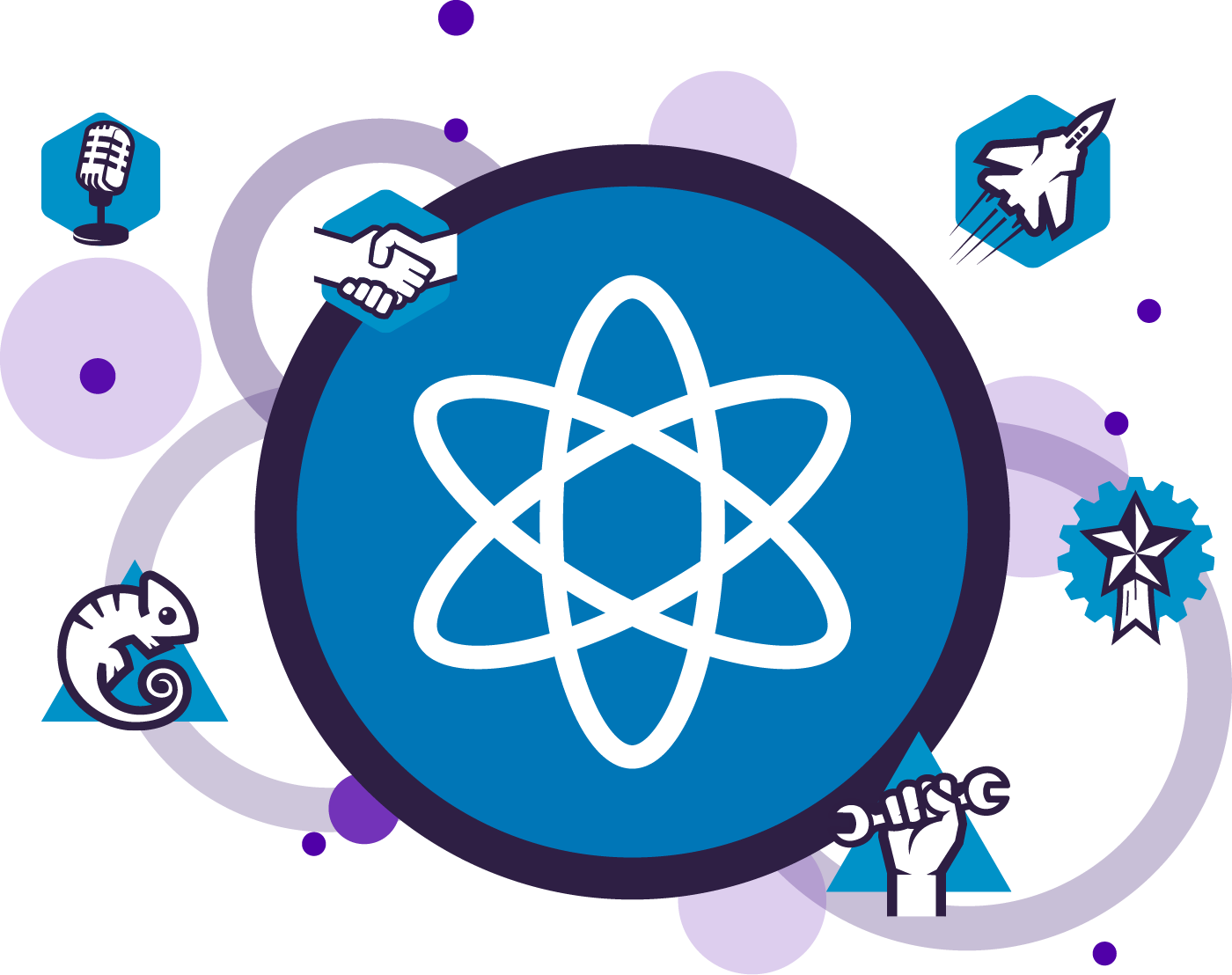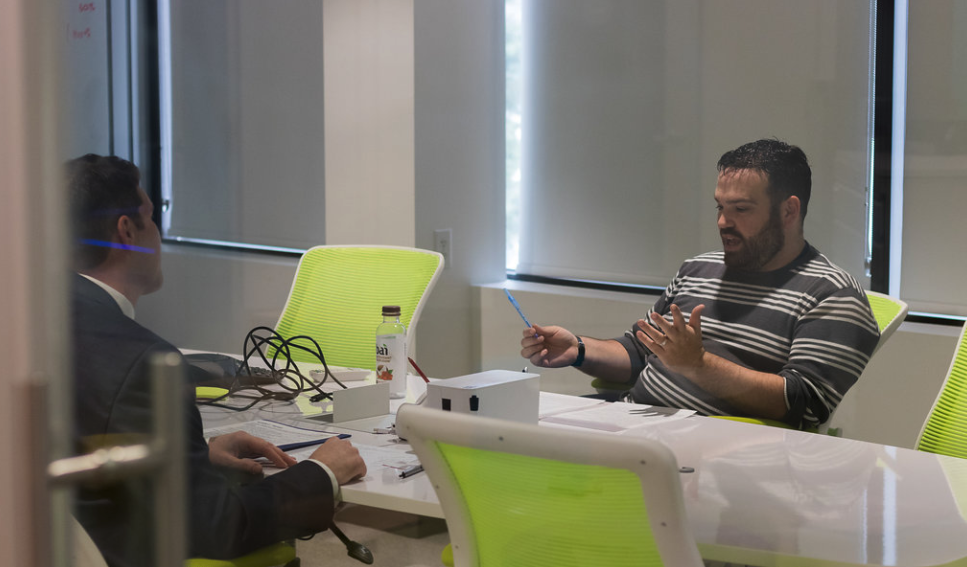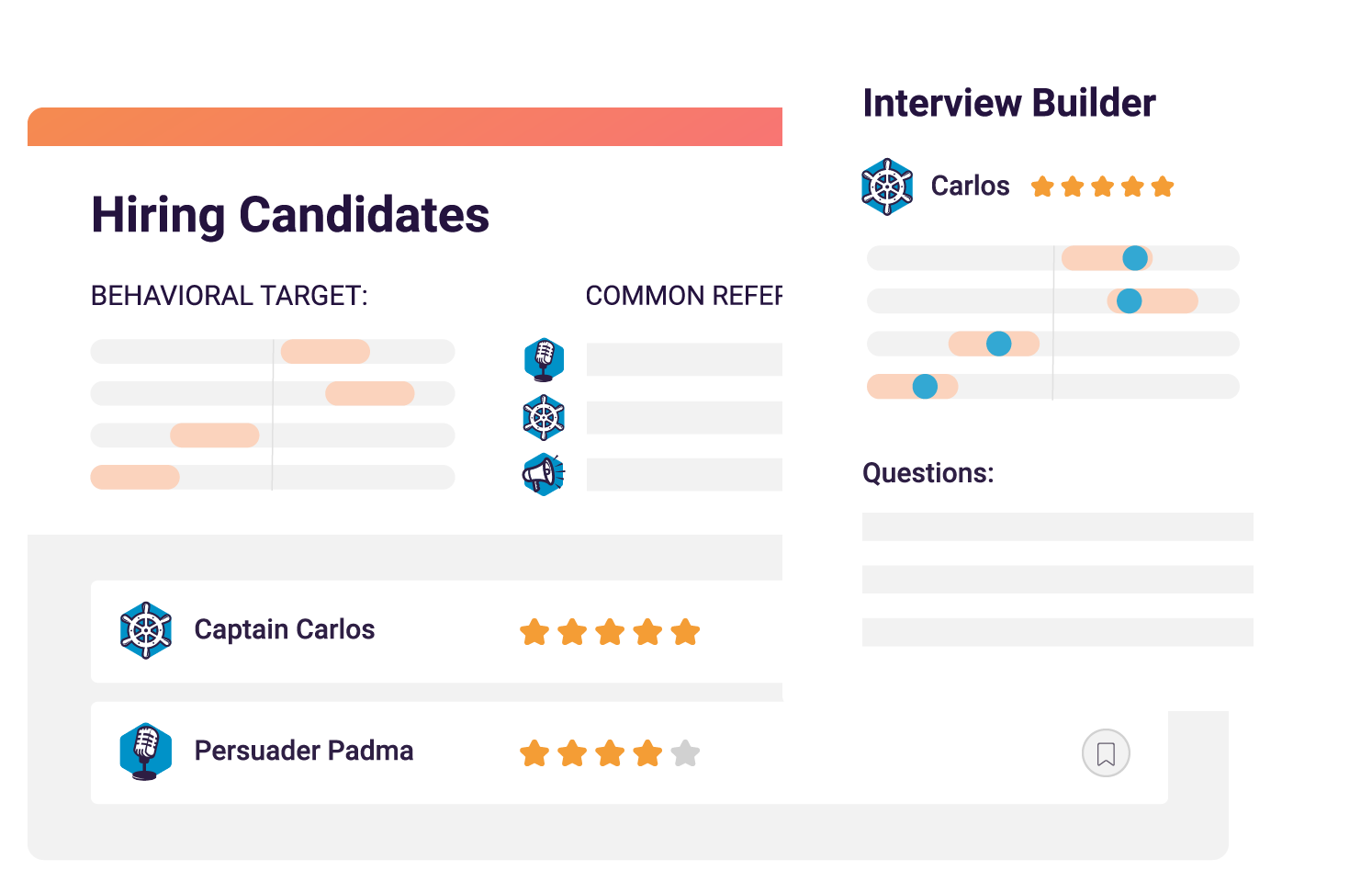Strategic interview questions provide insight into a candidate’s behavioral tendencies and problem-solving abilities. They can reveal what’s beyond a person’s resume, and if you employ them correctly, you’ll get a much better sense of how the person responds to change, conflict, or other types of adversity in the workplace.
In other words, once you break out strategic interview questions, that’s when the conversation gets real.
You can learn a lot about a person through these questions, but you don’t want to just wing them. To maximize their effectiveness, tailor your strategic interview questions to the job and candidate.
In this post, we’ll unpack how to make strategic interview questions thoughtful, purposeful, and revealing, so you can add another valuable data point to your evaluation of each candidate, and ultimately increase your chances of hiring top talent.
Here’s what we’ll cover:
- Why should you ask candidates strategic interview questions?
- How to interview a candidate strategically
- 3 strategic interview question examples
Join 10,000 companies solving the most complex people problems with PI.
Hire the right people, inspire their best work, design dream teams, and sustain engagement for the long haul.
Why should you ask candidates strategic interview questions?
Most candidates have similar general expectations for the interview process. They can anticipate certain questions, and they have good answers prepared. But a good showing in an interview doesn’t necessarily equate to on-the-job success.
Hiring managers need to keep the interviewee on their toes, and the best interview questions can serve as differentiators, because the interviewee can’t prep for them.
Nobody has perfected the art of conducting an interview, much less mastered how to conduct a remote interview. But the content of your questions is always pivotal.
Format and structure can vary—maybe you surprise them with a strategic follow-up to a softball opening question. Or, you can establish a rhythm that allows you to naturally weave in behavioral interview questions in succession. What matters is that you prompt a candid response, one that offers key insights into how the candidate is behaviorally wired.
Ultimately, if you’re not challenging the candidate to think critically and veer from their script at some point, you’re not going to gain a full understanding of their viability for the role. You can’t truly gauge how someone applying for a client-facing role will respond to a client ghosting them if you don’t ask about that specific hypothetical.
You may find that dividing the strategy among your hiring team works best. So if the recruiter covers the expected, resume-oriented stuff, that’s fine, but make sure the hiring manager digs for the candidate’s answer to an important behavioral question. In doing so, you’ll have both the tactical and the practical covered.

How to interview a candidate strategically
Your strategic interview questions shouldn’t be the same for every role—or, for that matter, every candidate. The best interviewers prep based on both the job description and the person vying for the job. Do your homework before devising your questions. If you’re walking into the room reading up on the candidate for the first time, you’re already behind the eight-ball.
It’s especially helpful to understand the candidate’s behavioral pattern. The data from a behavioral assessment gives you a head start on understanding how the candidate might respond in a given situation, according to their strongest drives and risk tolerance.
But what does that look like in practice?
Let’s say you have a candidate interviewing for a sales role whose pattern reveals a very strong extraversion drive. On paper, that might suit the needs of the position well. But you need to assess how and when that extraversion shows up. What does it look like under pressure? Is it tempered around other highly extraverted people?
Think about the team this person is joining, too. Will their extraversion and people-centric outlook help balance existing team members, or is it just more of what you already have? Strategic interview questions can reveal unique layers to people—nuances even behavioral data only hints at. Those layers can inform how you see the candidate fitting in.
Ideally, this candidate isn’t interviewing solely for this immediate role, either. You’re also strategically assessing things like emotional intelligence, leadership potential, and communication skills. When rooted in an understanding of your current people, your questions can answer whether the candidate has the qualities of a team player.
You might feel just as strongly about finding a good culture fit as you do about job fit. So tap into the candidate’s career goals; ask about their current job, or their last job before that. You might be surprised how revealing answers to these questions are, even if they’re only tangentially related to the day-to-day duties of this job.

3 strategic interview question examples
As we’ve established, strategic interview questions should vary by role and candidate (and maybe team, department, and any number of other criteria important to your organization).
Let’s come up with examples that have true application—ones that will actually help you nail that hire.
Scenario one:
You’re hiring for the same sales role, and you know the candidate is highly extraverted. But you also know they’ll be working closely with a teammate who’s averse to in-person meetings, and gets thrown off by spontaneous banter. And the open role will also be partially remote. So ask this candidate, pointedly:
How will you respond when a teammate asks you not to send them messages while they’re in meetings?
If they bristle at the very thought, you’ve got your red flag. But a thoughtful interviewee will absorb the question, and offer a real response rooted in their behavioral tendencies, even if they weren’t prepared for it.
Scenario two:
You’re trying to fill a graphic design position, one that requires not only creative chops, but patience, flexibility, and a willingness to accept that priorities will change on the fly. Your interviewee is polite, but reserved. You need to know they can be direct with colleagues when a design request isn’t feasible. So ask them:
What would you tell a senior team member who asks for a project to be done within an unrealistic timeline, when you already have multiple deadlines you need to prioritize?
Maybe you don’t need the candidate to say they’ll tell the CEO to take a walk, but you’ll want to be reassured of their sense of scope. Hiring a designer who can’t establish limits or manage people’s expectations does you no good. That hire will either produce lower-quality, rushed work, or get burned out trying to satisfy everyone, all the time.
Scenario three:
Let’s say the stakes are even higher. You’re adding to your executive team, interviewing candidates for the VP of Engineering role. There’s a lot to cover. You need someone with the experience and technical chops to lead a team that operates autonomously. This person also needs to bring balance to a C-Suite full of dominant personalities.
You need an innovator, but also someone who’s even-keeled, unfazed by potential politics or conflict. Company culture fit matters a lot, too, because this person will be very visible, and expected to model your values. So you need strategic interview questions that tap into soft skills, temperament, and decision-making. No easy task.
But you can thread this needle with an ethical question, rooted in your organization’s values:
How would you approach a conversation with an executive peer who has been publicly disrespectful to one of your direct reports?
If the candidate gives an honest answer, you’ll gain invaluable insight. For better or worse, this position requires an ability to manage conflict. You need to hear how they’ll respond to conflict-oriented job interview questions, or else you’re leaving stones unturned.
Getting to the behavioral bottom of it
Ultimately, asking strategic interview questions is about cutting through noise. Anyone can provide prepped answers to questions about their weaknesses, or tell you how proficient they are with certain tools. Not everyone will provide answers that meet the behavioral criteria you’re seeking for a given position.
Get at that, and you’ll get your hire right more times than not.








